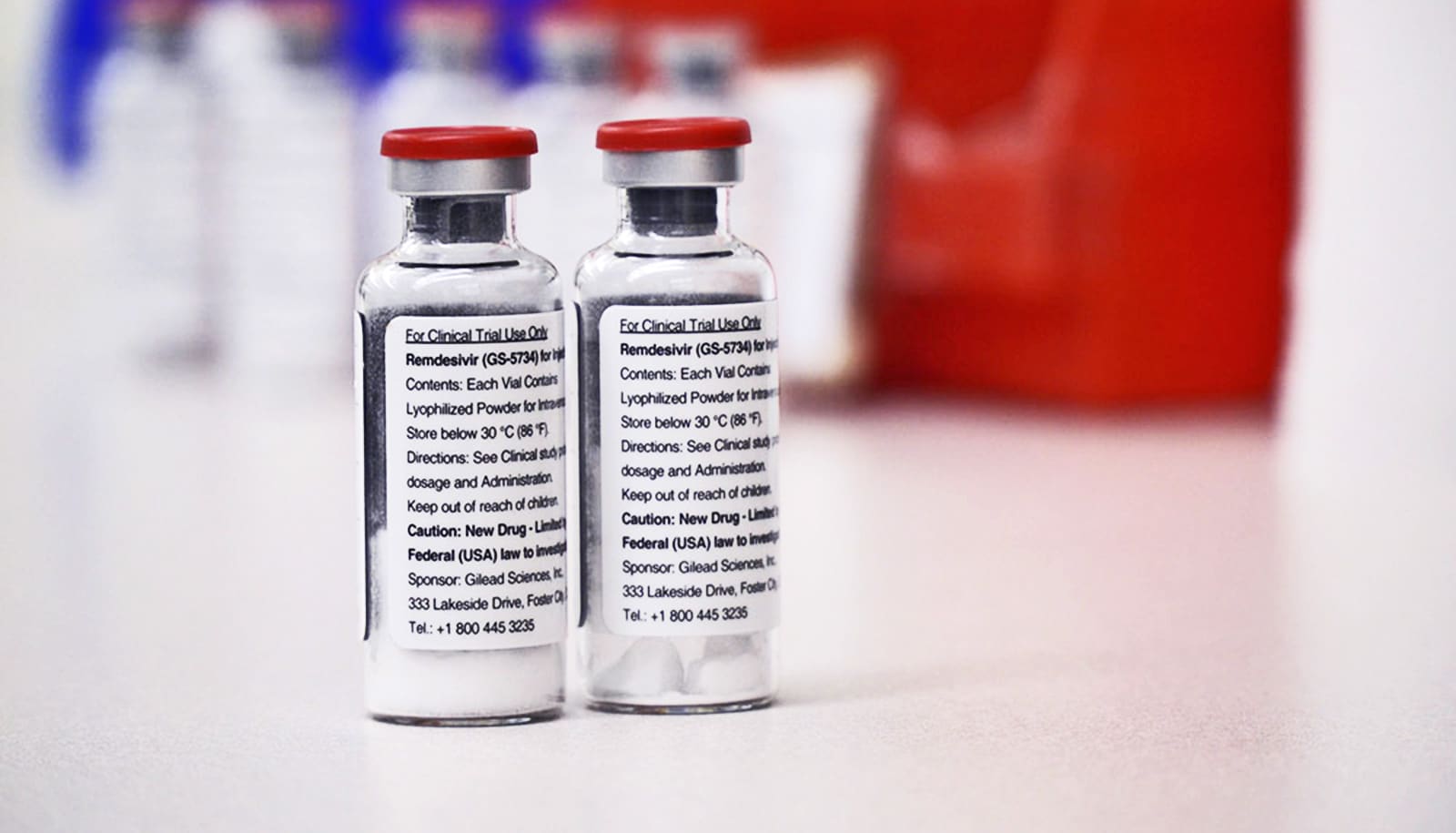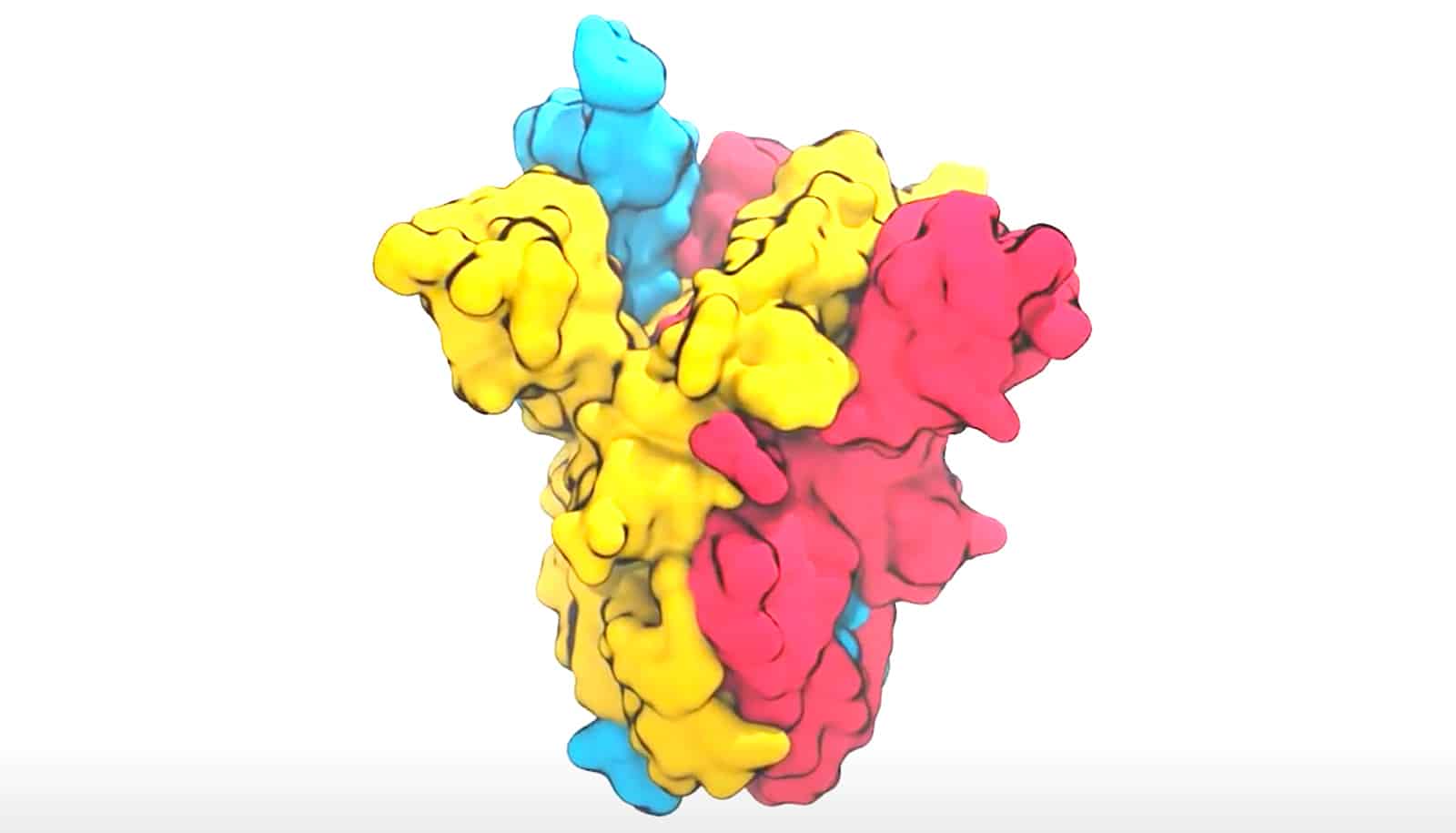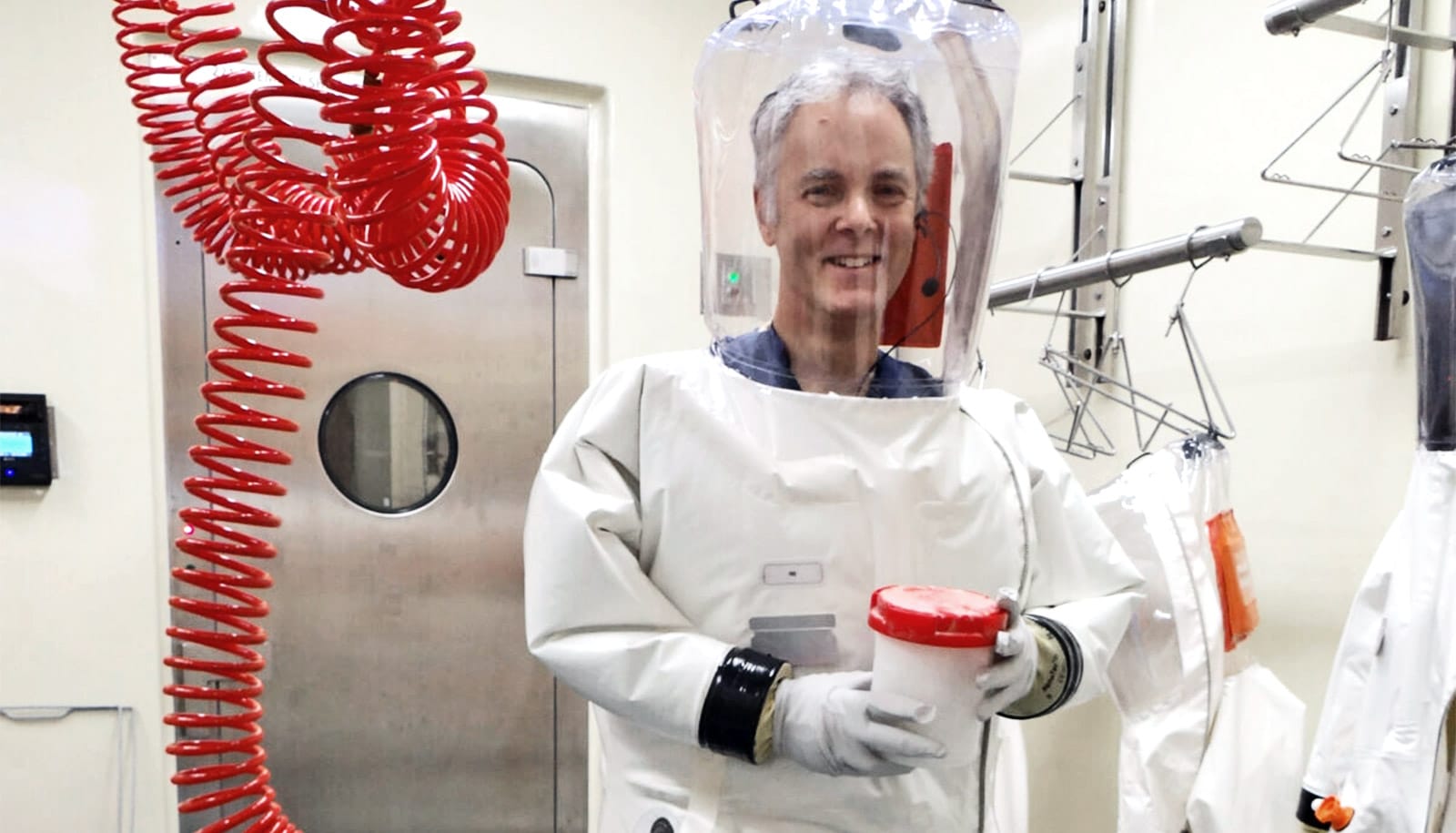In a clinical trial testing the safety and efficacy of remdesivir, the antiviral drug is showing promise in treating adults with COVID-19, according to preliminary data from the National Institutes of Health.
“Based on some of the data that has come out in the last couple of days, it seems that remdesivir does show some proven benefit over placebo,” says Angela Branche, an assistant professor or in the department of medicine (infectious diseases), with the University of Rochester Medical Center’s Vaccine Treatment and Evaluation Unit.
Preliminary data from the trials indicate remdesivir speeds up recovery time for some patients with COVID-19. Specifically, the data show that patients who received remdesivir recovered, on average, four days faster than patients who received a placebo (11 days versus 14 days).
“The results with remdesivir are positive, but it’s not a miracle drug.”
The results also suggested a mortality rate of 8% for the group receiving remdesivir versus 11.6% for those in the placebo group. That result is considered promising but not statistically significant.
When Branche and Ann Falsey, a professor in the department of medicine (infectious diseases), told their teams about these preliminary results, “one of our nurses said she’s going to go home happy crying instead of sad crying, which I think is reflective of the magnitude of what we’ve been seeing over the past months and how reassuring and rewarding it is to know we are part of something that could be beneficial to people,” Branche says.
The researchers enrolled 16 COVID-19-positive volunteers from the University’s Strong Memorial Hospital in the double-blind, placebo-controlled trial. The volunteers received either placebo or the drug, administered intravenously.
The trial is ongoing and more information is forthcoming, including how best to use the drug and whether administering it in conjunction with other drugs, such as the anti-inflammatory baricitinib can improve its effectiveness.
“The results with remdesivir are positive, but it’s not a miracle drug,” Falsey says. “It becomes our building block on which we try to improve.”
Researchers previously tested remdesivir, a broad-spectrum antiviral treatment, in humans with the Ebola virus. It has shown promise in animal models for treating Middle East respiratory syndrome (MERS) and severe acute respiratory syndrome (SARS), which other coronaviruses cause.
Source: University of Rochester



